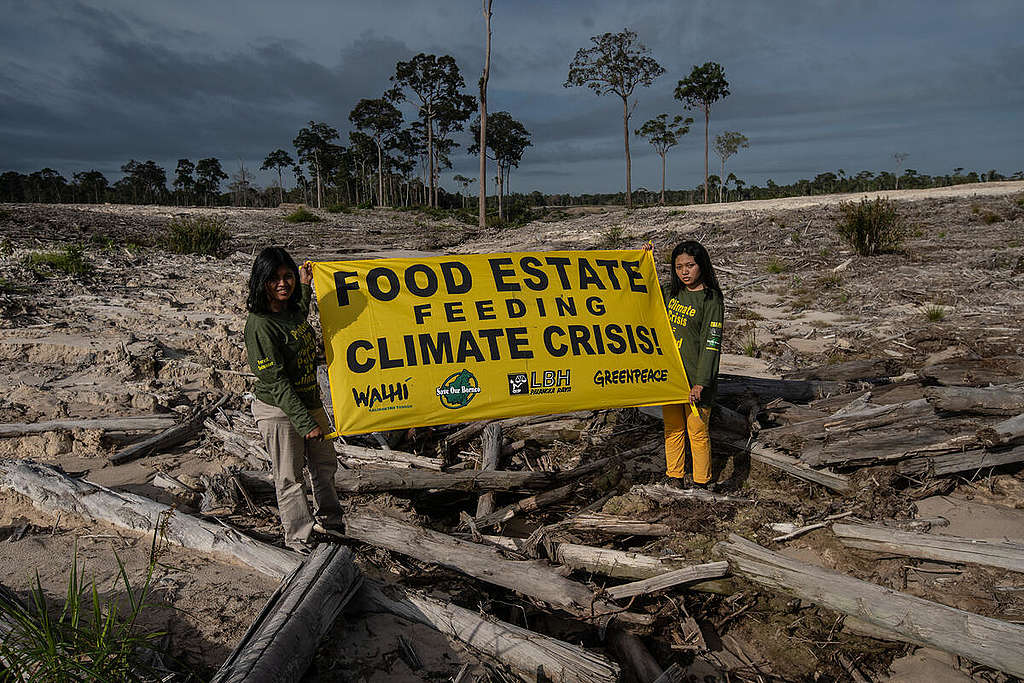Indonesia has long grappled with the challenge of achieving food sovereignty. From rice shortages to volatile imports, the country’s agricultural sector faces multiple systemic issues. One high-profile response has been the food estate program, designed to massively boost domestic production through centralized farming projects. However, the initiative has come under fire from experts, activists, and environmentalists alike.
Amid this criticism, a new initiative—the Agrinas food estate solution—has been proposed. But what exactly is Agrinas? Is it the silver bullet to Indonesia’s food problem, or just another failed experiment in the making?
This article breaks down the background of Agrinas, critiques surrounding food estates, and how the government plans to move forward.
The Origins of Agrinas: What It Is and What It Aims to Do
Agrinas (Agri Industri Nasional) is a new food estate strategy introduced to reframe and improve upon the controversial existing programs. This initiative involves three state-linked enterprises:
- PT Agrinas Pangan Nusantara (focused on agriculture)
- PT Agrinas Palma Nusantara (palm oil and plantations)
- PT Agrinas Jaladri Nusantara (fisheries and marine resources)
Together, these entities form a vertically integrated system designed to manage supply chains, boost production efficiency, and minimize reliance on food imports. Unlike previous food estate models that primarily relied on top-down land clearing and planting, the Agrinas model claims to involve local communities, apply climate-resilient practices, and focus on measurable productivity.
At the core of the Agrinas food estate solution is a promise: food security through modern, sustainable, and inclusive agricultural reform.
Public and Expert Criticism: Environmental and Ethical Concerns
Despite the updated model, the Agrinas initiative has not escaped the shadow of criticism that plagued earlier food estate efforts. Critics have raised multiple concerns, including:
1. Deforestation and Environmental Damage
Environmental NGOs argue that past food estate projects—especially those in Papua and Kalimantan—caused massive deforestation and threatened biodiversity. They fear Agrinas may follow the same path if not tightly regulated. One major concern is the use of peatlands and protected forest areas for commercial agriculture, which could accelerate greenhouse gas emissions and ecological collapse.
2. Lack of Transparency
Another recurring issue is governance. Previous food estate projects lacked transparency in budgeting, land acquisition, and operational implementation. Some watchdogs claim that Agrinas agricultural reform risks becoming yet another tool for political patronage, given the significant military and political figures linked to its board of commissioners.
3. Community Displacement
Indigenous communities and local farmers have also expressed concerns about being displaced from their land. In areas where the food estate program has already begun, there are reports of traditional farming systems being replaced without adequate compensation or consent.
All these critiques suggest that unless implemented with extreme care, the Agrinas food estate solution could repeat the mistakes of its predecessors.
Government Response and Strategic Adjustments
In response to these concerns, government officials—including President Joko Widodo and Defense Minister Prabowo Subianto—have emphasized that the Agrinas model is different.
1. Emphasis on Sustainability
The government promises that Agrinas will prioritize sustainable farming in Indonesia. This means avoiding carbon-rich areas, preserving biodiversity, and introducing agroforestry techniques instead of monoculture systems. Officials say that Agrinas will employ precision agriculture and satellite monitoring to track ecological impact in real time.
2. Inclusive Development
Agrinas has been touted as more inclusive than previous models. The plan is to engage local communities not just as laborers, but as stakeholders with ownership stakes in cooperatives and land rights. Pilot projects in Sumatra and Java are reportedly being used to test these inclusive frameworks.
3. Integrated Value Chain
Rather than just growing crops, Agrinas also aims to develop post-harvest facilities, cold chains, and export-grade packaging systems. This integrated value chain model is expected to improve efficiency and market access for Indonesian food products.
While these strategies sound promising on paper, experts warn that execution will be key.
Is Agrinas the Right Path Forward?
With food demand in Indonesia set to increase dramatically due to population growth and climate change, the need for food security solutions is urgent. Agrinas represents a fresh attempt to address this demand through a structured, scalable, and technically advanced approach. Yet, multiple questions remain:
- Will environmental regulations truly be enforced?
- Can Agrinas avoid the political capture that doomed past initiatives?
- How will success be measured beyond production metrics?
Only time will tell if the Agrinas food estate solution will be remembered as a turning point in Indonesian agriculture—or just another expensive misstep.
Conclusion
Agrinas emerges as Indonesia’s most ambitious answer to decades of agricultural inefficiency and food insecurity. With an emphasis on sustainability, community involvement, and end-to-end value chains, it aims to redefine how the country produces and manages its food resources.
But for the solution to be meaningful, it must overcome deep-rooted issues such as environmental degradation, lack of transparency, and community displacement. If these concerns can be addressed head-on, Agrinas could very well become the cornerstone of Indonesia’s food security in the 21st century.
The next five years will be critical. Agrinas must prove it is more than just a name change—but a genuine, impactful reform that benefits all Indonesians.
Read More






 Thursday, 05-03-26
Thursday, 05-03-26







